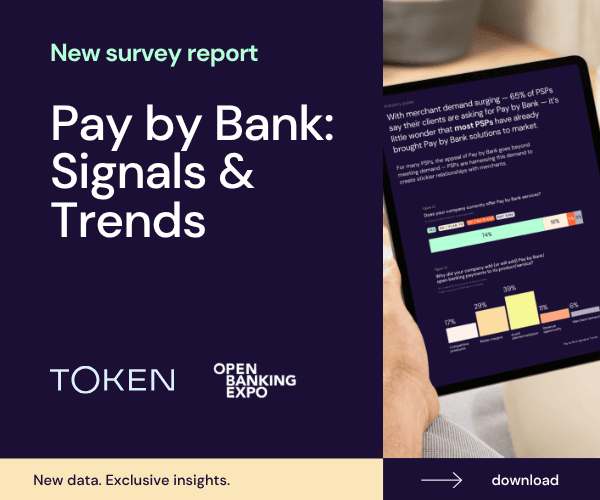A taskforce comprising banking and financial services organisations has developed a seven-point action plan to accelerate lending and access to finance for UK SMEs using Smart Data.
Formed in April, the SME Finance Taskforce, which is chaired by the UK’s Centre for Finance, Innovation and Technology (CFIT) and supported by an Open Banking Limited (OBL) secretariat, has published its first report today (1 August), ‘Smart Data: improving SME lending to drive economic growth’.
The seven recommendations are designed to enable the UK’s 5.5 million SMEs get increased access to data that means they can secure funding and, subsequently, scale.
The taskforce has recommended prioritising the Digital Information and Smart Data Bill, which was included in the King’s Speech in July, and to fund and support an SME ‘Smart Data Challenge’, which would see the taskforce’s members and non-members put into practice proofs of concept that demonstrate the benefits of sharing data through Smart Data schemes.
Another of the recommendations outlined by the SME Finance Taskforce that falls under the heading “immediate action” is to review and improve HM Treasury’s Bank Referral and Commercial Credit Data Sharing (CCDS) Schemes.
Some of the actions are considered longer-term recommendations, such as enabling greater trust and understanding in using new alternative specialist lenders.
The taskforce’s report highlighted that SMEs are often reluctant to approach lenders for finance, which is one of the reasons that, if they do make an application, it tends to be to a lender they know, such as their existing bank.
Among the companies involved in the CFIT-led taskforce are iwoca, Sage, OakNorth, Allica Bank, Experian, HSBC, Lloyds Banking Group, Mastercard, the Federation of Small Businesses (FSB) and Revolut.
They have proposed that private sector data be unlocked by the provision of digital receipts from HMRC and improved access to tax data for approved organisations, while another recommendation they make is to develop and consult on proposals for an e-invoicing scheme for the UK “to align with overseas markets”.
The taskforce also wants to see reform of Companies House, in particular standardisation and verification of company information, accelerated.
Over the past decade, lending to SMEs has declined by 20% in real terms, resulting in a funding gap that has been estimated at more than £22 billion. In the past three years, around 30% of the 5.5 million SMEs have sought finance, the report revealed.

CFIT chair Charlotte Crosswell
“The financial services and fintech industry has worked together to design a comprehensive programme that will energise the UK economy by making the lending experience better for both SMEs and the lenders themselves,” said Charlotte Crosswell, chair of CFIT.
“What’s particularly exciting is that this doesn’t require significant public spending. While policy implementation inevitably takes time, there are so many levers that industry can pull with the support of policymakers, to quickly build momentum, boost SME lending and unlock growth.”
The seven proposals in the taskforce’s report build on the blueprint report published by its inaugural Open Finance Coalition in February, which included two proofs of concept.
One of these was a pilot analysis with HSBC UK to demonstrate how accessing new datasets and auto-populating business loan applications can lead to a “significant boost” in lending decisions.
OBL’s chief executive officer Henk Van Hulle thanked the taskforce for its work on the report and added that the seven-point plan sets out “tangible steps towards a wider Smart Data economy that can deliver clear economic benefits for the UK”.
SMEs in the UK employ 60% of the private sector workforce and deliver more than 50% of UK economic turnover.
Economic Secretary to the Treasury, Tulip Siddiq, said: “Ensuring businesses can access finance quickly and efficiently is critical to their growth and success.
“New and innovative technologies, such as Open Finance, can play an important part in unlocking the potential of SMEs across the country and I will carefully consider the taskforce’s recommendations.”
Christoph Rieche, chief executive officer and co-founder of iwoca, added: “The new government has a great opportunity to collaborate with tech-first lenders so that more SMEs benefit from financing and thus stimulate economic growth – a win-win for all.
“Access to high-quality data is essential for this to happen, such as through direct access to company VAT data and mandating standardised data formats in Open Banking, which will unlock additional finance for millions of SMEs.”
Further reading: New DISD Bill can help deliver next phase of Open Banking and Open Finance





